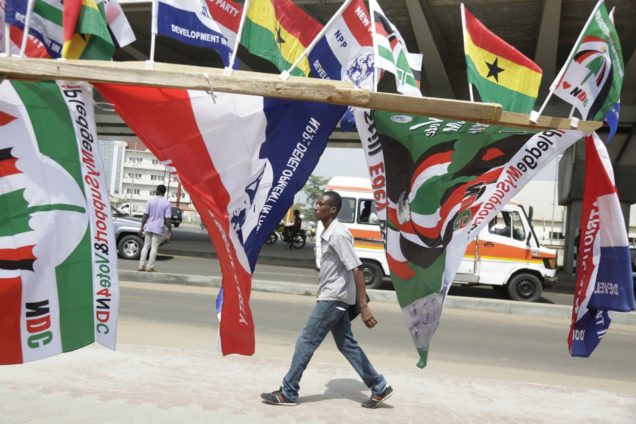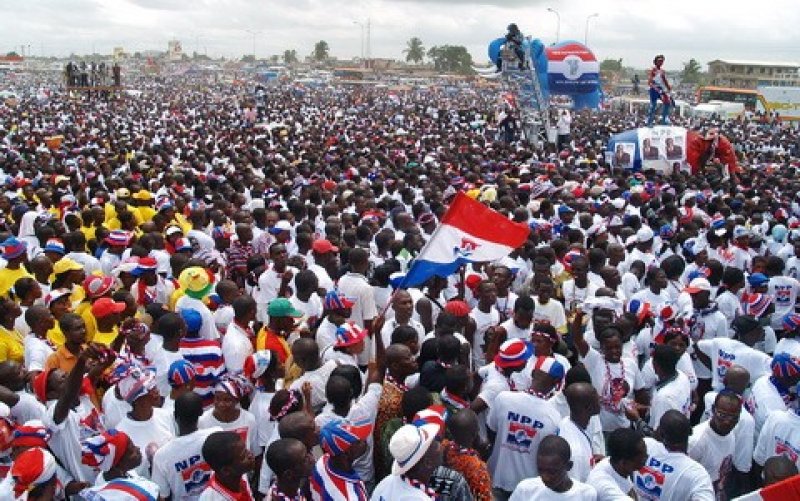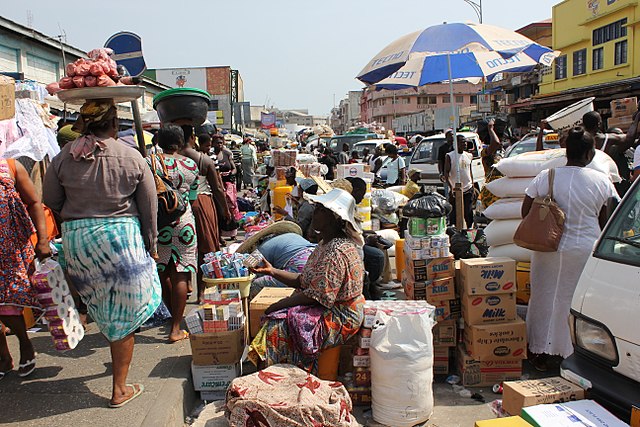As Ghana’s December 7 presidential election approaches, the two leading candidates have unveiled ambitious manifestos, each promising to address the nation’s severe economic challenges and provide relief to citizens grappling with financial hardship.

Former President John Dramani Mahama of the National Democratic Congress (NDC) and Vice President Mahamudu Bawumia of the ruling New Patriotic Party (NPP) are emerging as the frontrunners in what analysts predict will be a closely contested race. Their campaigns come at a critical juncture for Ghana, as the West African nation faces its worst economic downturn in a generation.
Mahama, 65, who served as president from 2013 to 2017, presented his vision in Winneba, pledging to eliminate first-year university fees and reduce taxes within his first three months in office. “I will lead a ruthless war against corruption,” Mahama declared, promising to recover misappropriated assets.
During his previous term, Mahama focused heavily on infrastructure development but faced criticism over power shortages, economic instability, and allegations of state corruption. While never directly implicated, his administration denied any wrongdoing.

Bawumia, an economist and former central banker, countered with his own set of promises. Speaking in Accra, he outlined plans to simplify the tax system, reduce the number of ministers by almost half, and cut public spending by 3% of GDP. Bawumia also proposed a digital training program aimed at one million young people to boost employment.
The election comes as Ghana grapples with the aftermath of defaulting on most of its $30 billion external debt in 2022. This financial crisis, stemming from years of excessive borrowing, was exacerbated by the COVID-19 pandemic, the global impact of the Ukraine war, and rising international interest rates.
In response to the economic turmoil, the current government, led by outgoing President Nana Akufo-Addo, sought assistance from the International Monetary Fund. Ghana is now in the process of restructuring its debt as a condition for a $3 billion support package.

The upcoming election is particularly significant as no party in Ghana’s democratic history has ever won more than two consecutive terms in government. Both Mahama and Bawumia hail from northern Ghana, traditionally an NDC stronghold where the NPP has made recent inroads.
As the campaign intensifies, both candidates face the challenge of convincing voters of their ability to navigate Ghana out of its current economic predicament. The election’s outcome will likely hinge on which candidate can present the most credible plan for economic recovery and corruption mitigation.
International observers and financial markets are closely watching the election, recognizing its potential impact on Ghana’s economic trajectory and its role in West African regional stability. The successful implementation of the winning candidate’s economic policies could have far-reaching implications for Ghana’s future and its standing in the global economy.
Reuters



